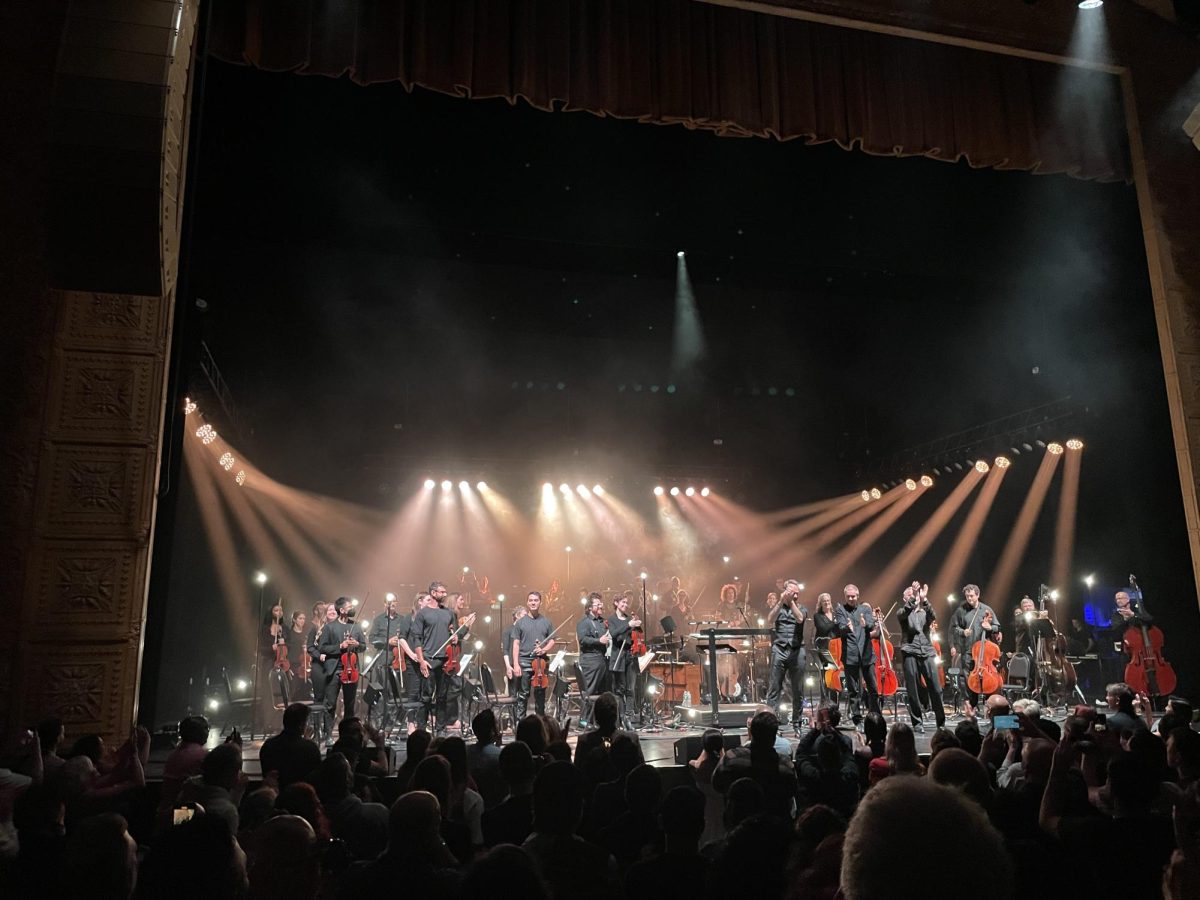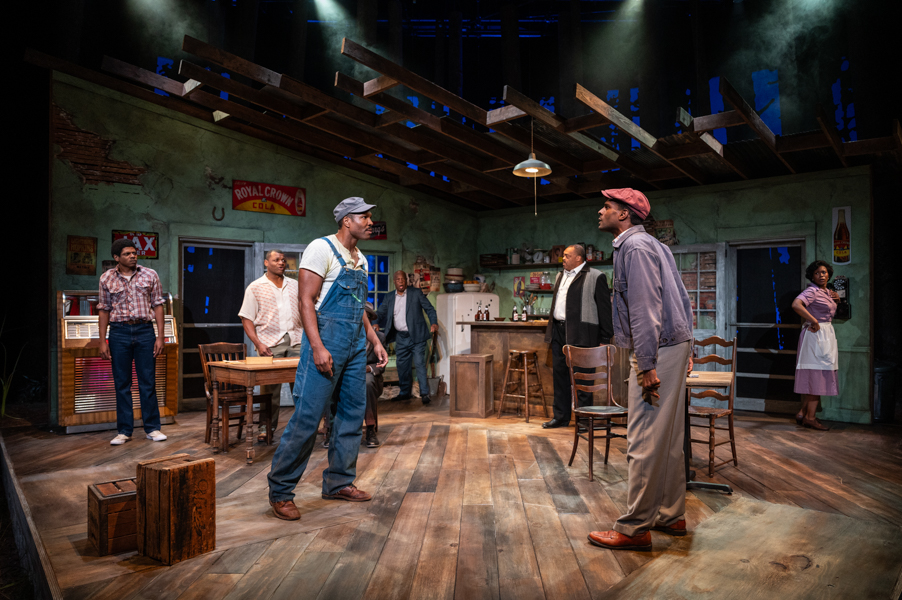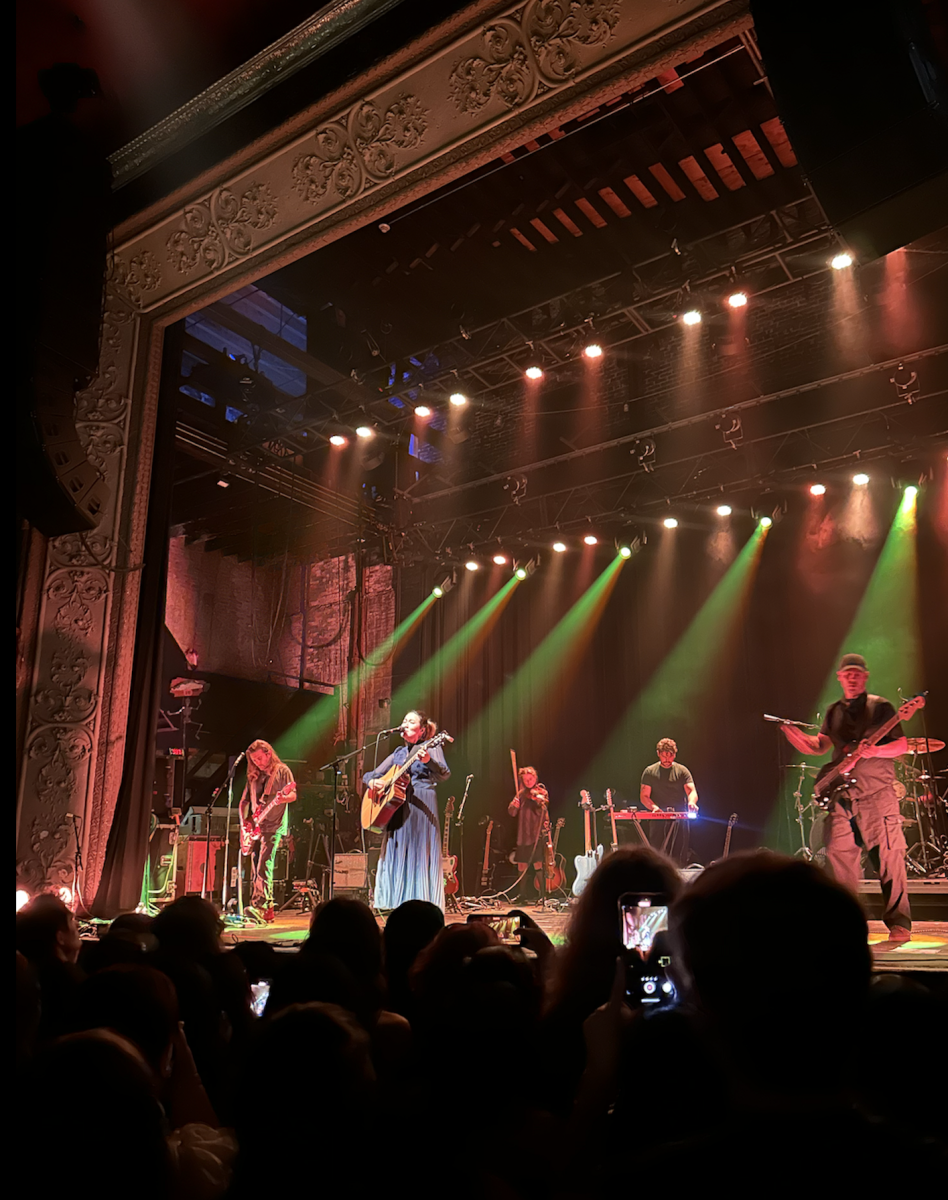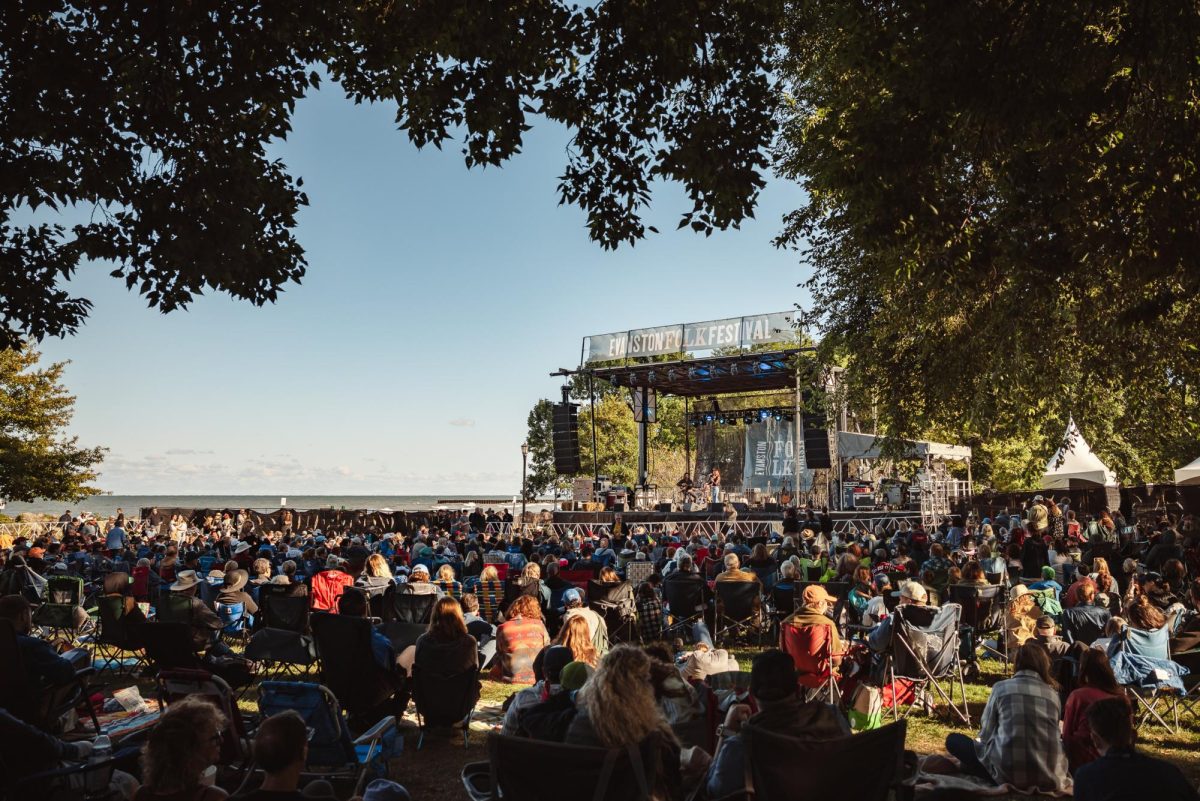Growing up in the California suburbs, near De La Salle, a Catholic boys’ high school that boasted one of the best football teams in the nation, I was exposed early on to the idiosyncratic, sometimes horrifying culture of high school football. To everyone in the area, the program’s success seemed like an expected occurrence. It wasn’t until the movie Friday Night Lights came out in 2004 that I realized there was a whole other side of the coin: The rural football culture of Texas, as documented by the film, was just as foreign to me as the traditions surrounding De La Salle.
The book that inspired that film was written by H.G. Bissinger, who wanted to expose the sport’s effect on a small town. Peter Berg, who adapted the book to the big screen, realized that his success with the film could be translated to television, and earlier this month, NBC unveiled its small-screen adaptation of Friday Night Lights (now four episodes into the story), set in the fictional town of Dillon, Texas.
As the opening credits roll, the gritty panorama of western Texas sucks the viewer right in, but though we may be expecting wide open spaces, all we find is a community suffocated by their dependence on Friday night football. In fact, football and God are the only two things that matter in a town like Dillon. Both football and God involve religion, after all—one is rooted in the divine, while the other is the tangible evidence of human achievement. It is, as Emile Durkheim would say, a town rife with collective effervescence, where religion provides an anchor for the highs and lows of football. Here, the Dillon Panthers take the field every Friday night to fulfill an entire town’s hopes.
Jason Street (Scott Porter) is Dillon’s golden boy—he is set to lead the team to the state championship under the guidance of his longtime coach, Eric Taylor (Kyle Chandler). The dream of the perfect season is snapped when Street collides with an opponent in the first game of the season and ends up paralyzed. The second string quarterback, who must now shoulder the team, is Matt Saracen (Zach Gilford), whose biggest claim to fame in his Panthers career is once holding a two-point lead for Street.
The shockwaves of Street’s injury are far-reaching, but the show is not about his recovery, nor Saracen’s growth, nor Taylor’s struggle to meet everyone’s expectations. It’s about the town of Dillon, and Berg makes that explicitly clear from the very beginning. Everybody in the town has an opinion on football, from the mayor to Saracen’s grandmother, who suffers from spells of dementia but still tells him, “You need to move your feet faster.”
The bulk of the action focuses on the football players, including Brian “Smash” Williams (Gaius Charles), an all-star player whose mouth runs as fast as his legs do, and tough-but-wounded Tim Riggins (Taylor Kitsch), a walking embodiment of wasted teenage potential who has no qualms about showing up to practice half-drunk. “I just like to hurt people,” he tells a reporter, and for him, football is as simple as that. What’s not so simple is that Williams and Riggins hate each other, but on the field, they are expected to work as a seamless unit.
Riggins is just one of the many complex characters who inhabit towns like Dillon, where high school football players either end up like Jason Street, Notre Dame–bound before his injury, or Riggins, described by an ex-girlfriend as “just another mediocre football player who’s gonna grow up and drink himself to death.” The difference between the two fates are as palpable as the show’s underlying motifs of economic and social imbalance—some players undoubtedly live below the poverty line, for instance, and one brilliant church scene suggests that voluntary segregation is still alive and well in our country.
The show’s genius lies in Berg’s ability to present these issues as part and parcel of everyday life in Dillon, instead of dropping them onto the viewers’ heads like anvils—he doesn’t lurk behind the scenes ticking items off a Valid Social Issues checklist. Berg also draws upon current news items; one storyline involves a displaced Katrina victim who is illegally drafted onto the Panthers team. With so much material to work with, there is some danger of relegating football to the background (and, indeed, the last two episodes have covered the span of a bye week), but so far the actual games have been scattered smartly throughout the episodes, and in those scenes we find it easy to join the people of Dillon in their collective effervescence.
There are plenty of humorous moments that offset the heavier storylines. Coach Taylor’s daughter Julie (Aimee Teegarden) is the outlet for some of the more amusing intellectual fare, and she delivers her lines so well you’d think everyone in rural Texas spent their free time drawing parallels between Moby Dick and high school football. Taylor, incredulous after her grand metaphorical presentation, asks her, “Who does that makes me—Coach Ahab?”
“Oh, absolutely.”
Although the show—like the team—is not about any one individual, there are several standout characters that keep me watching each week. Gilford, as Saracen, embodies small-town self-consciousness down to the last stutter and mumble. His name itself stems from the name of an ancient Arab tribe, analogous to “outsider,” which is a wonderful little detail from Berg. Like an outsider, Saracen carries the knowledge that he can’t be what the rest of the world wants him to be—Jason Street.
As for Street, he is the kind of person who thanks the EMTs when they load him into the ambulance and, honest to God, actually apologizes to Coach Taylor “for letting the team down.” So much unadulterated goodness may be met with skepticism in modern society, but his storyline remains one of the strongest in the series: We care about Jason Street because he represents all the faith the team is capable of showing, as well as our own faith—whether it be rooted in religion, sports, or simply the human spirit.
The heart and soul of the story, however, is Coach Taylor, and Chandler delivers standout performances week after week. (If he doesn’t at least land an Emmy nomination, there is truly no justice in the world.) You wouldn’t expect such a young coach to know instinctively what hardcore Texas football culture is all about, but Chandler convinces us that Taylor has lived through this before. On the one hand, he sympathizes with everything his players are going through, but on the other hand, he has to ensure that the program lives up to expectations. Jason Street’s injury highlights exactly how much pressure those expectations can place on a pair of young shoulders, and Coach Taylor knows the repercussions better than anyone else.
Even so, Taylor continually walks the line between compassion and Spartan discipline because that’s what he is paid to do. In episode three, a particularly cruel training session nearly causes the players to snap, but Taylor somehow gets his message across, and the resulting 50-man chorus of “clear eyes, full hearts, can’t lose!” (a chant that gets repeated in the locker room before every game) is so powerful that it drags the viewer back from the brink of disbelief.
Friday Night Lights succeeds because it forces us to observe a completely different world, one which seems irrational but is very much a real place. The realism of the show is enhanced by intense, in-your-face camerawork, and the soundtrack consists of unexpected indie tracks by Explosions in the Sky, the Texan band who was also responsible for the movie soundtrack. At first, these details seem jarring, but the slightly surreal effect created by the handheld cameras and the delicate instrumentals keeps the show from wallowing in its own melodrama. It’s the same formula Berg used for the movie, and it works just as well on television.
Even if you have no interest in football, high school, rural Texas, or collective effervescence, Friday Night Lights is worth a watch for its unrelenting yet evocative portrayal of a town’s conviction and the extremes to which people will go to preserve that conviction.
Note: Friday Night Lights will air at a special time next week, Monday at 9 p.m. Central Time, in place of Studio 60 on the Sunset Strip.







